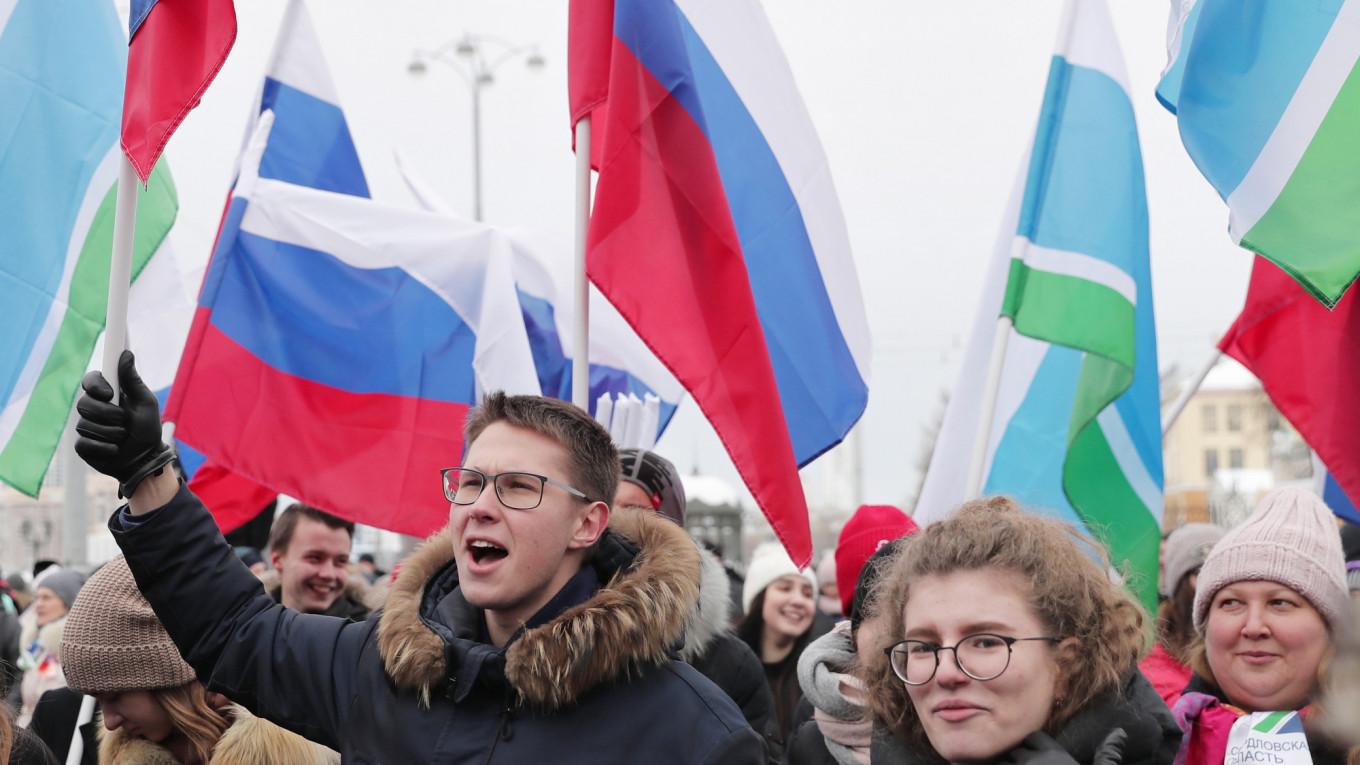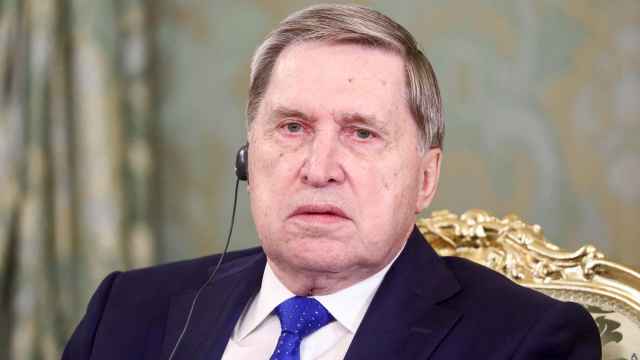Most Russians have a day off Monday as the country marks National Unity Day, a national holiday aimed to promote patriotism and tolerance between ethnic and religious groups in Russia.
National Unity Day commemorates Russia's defeat of Polish invaders in 1612, and is one of the country’s youngest national holidays as it was established in 2005. It is marked by official events across Russia.
The holiday replaced the Day of Accord and Reconciliation, established by former President Boris Yeltsin following the collapse of the Soviet Union, which was itself a replacement for Revolution Day.
Surveys in the past have shown that half of Russians do not know what National Unity Day stands for, while a poll from the state-run VTsIOM pollster published Thursday found that only one in three Russians believes there is people's unity in the country.
“The biggest problem of National Unity Day is that no one really understands the purpose of it,” popular Russian political blogger Ilya Varlamov wrote on his Instagram page on Monday.
The holiday is also an occasion for nationalists to stage street rallies, known as "Russian Marches." This year, the main “Russian March” will take place in Moscow's southeastern neighborhood of Lyublino, Interfax reported.
The nationalist marches have been losing popularity in recent years. Last year, only around 400 people turned up, down from 25,000 in 2011.
A Message from The Moscow Times:
Dear readers,
We are facing unprecedented challenges. Russia's Prosecutor General's Office has designated The Moscow Times as an "undesirable" organization, criminalizing our work and putting our staff at risk of prosecution. This follows our earlier unjust labeling as a "foreign agent."
These actions are direct attempts to silence independent journalism in Russia. The authorities claim our work "discredits the decisions of the Russian leadership." We see things differently: we strive to provide accurate, unbiased reporting on Russia.
We, the journalists of The Moscow Times, refuse to be silenced. But to continue our work, we need your help.
Your support, no matter how small, makes a world of difference. If you can, please support us monthly starting from just $2. It's quick to set up, and every contribution makes a significant impact.
By supporting The Moscow Times, you're defending open, independent journalism in the face of repression. Thank you for standing with us.
Remind me later.






